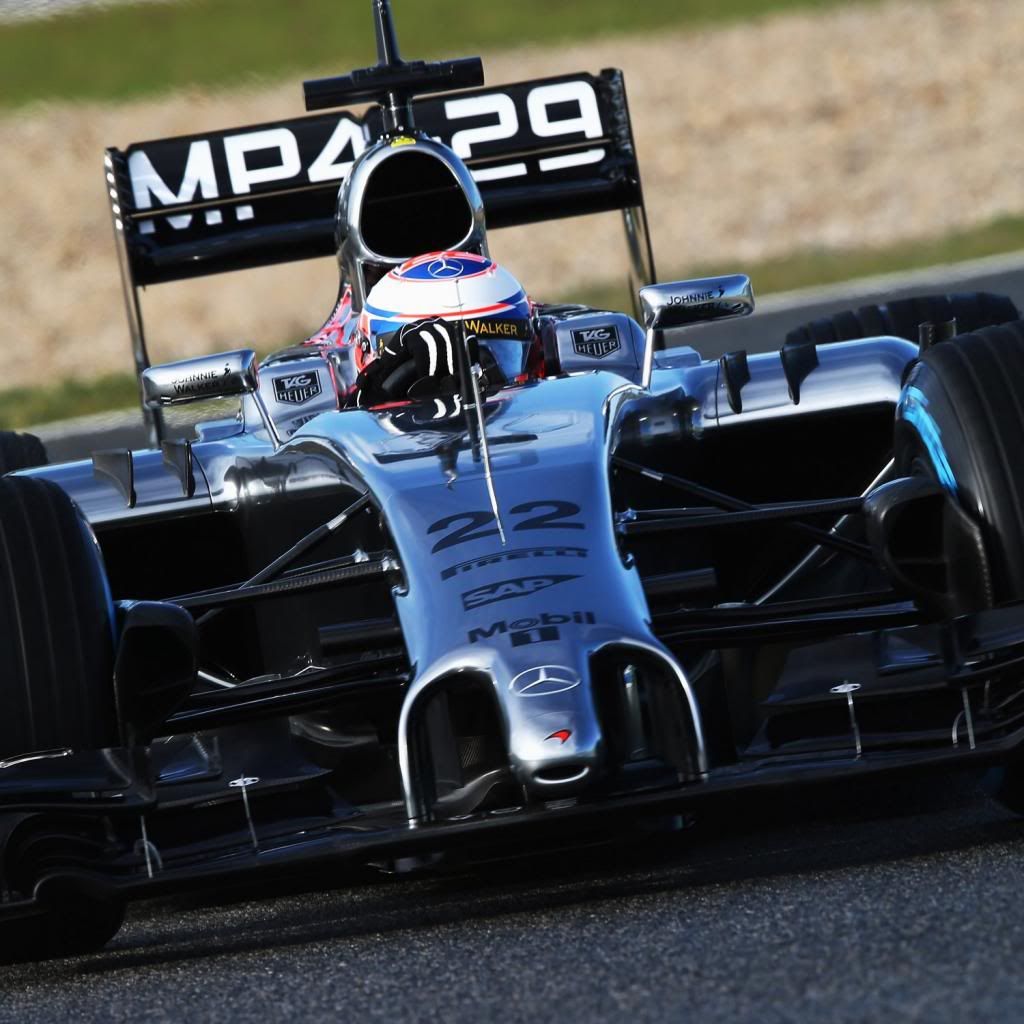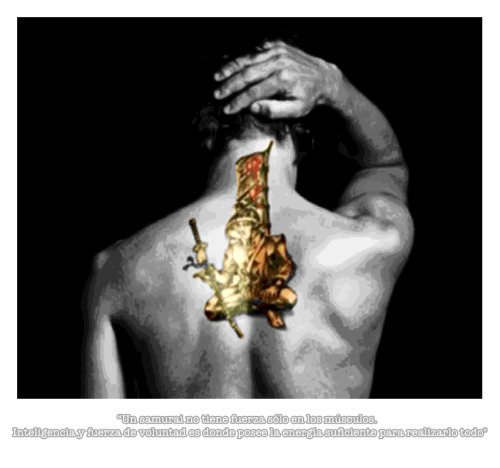What i found on TC/throttle position during cornering (= entry, apex and exit).
The telemetry is from the hairpin in Canada and shows throttle position, brake pedal force and the speed.
Schumacher's throttle is mostly greater than 0%, while Barrichello is at 0% through the corner.
So this shows there are different driving styles and as a result Barrichello can not profit from TC when throttle is not activ.
Of course the hairpin is a very slow corner and what the diagram shows here is maybe not valid for high speed corners at a constant speed.

But as the official F1 homepage offers qualifying laps with telemetry of throttle and brake pedal position, you can get an impression of how smooth/aggressive the throttle is activated.
For example Button this year in Spa:
http://www.formula1.com/video/?uid=2012090212O
Through La Source it seems the throttle is used from the apex forwards, as in Bus Stop.
Through Rivage it seems throttle is used even before the apex.
Through Pouhon Button seems very aggressive with the throttle.
Video of TC at Bus Stop:
http://www.youtube.com/watch?v=IERMHCRNB5w
TC seems activ from the apex onwards.
What i'm interested is when the TC is really activated.
Maybe there are some telemetry data showing if TC is used or not through different corners on different tracks?
Dear FIA, if you read this, please pm me for a redesign of the Technical Regulations to avoid finger nose shapes for 2016! :-)



